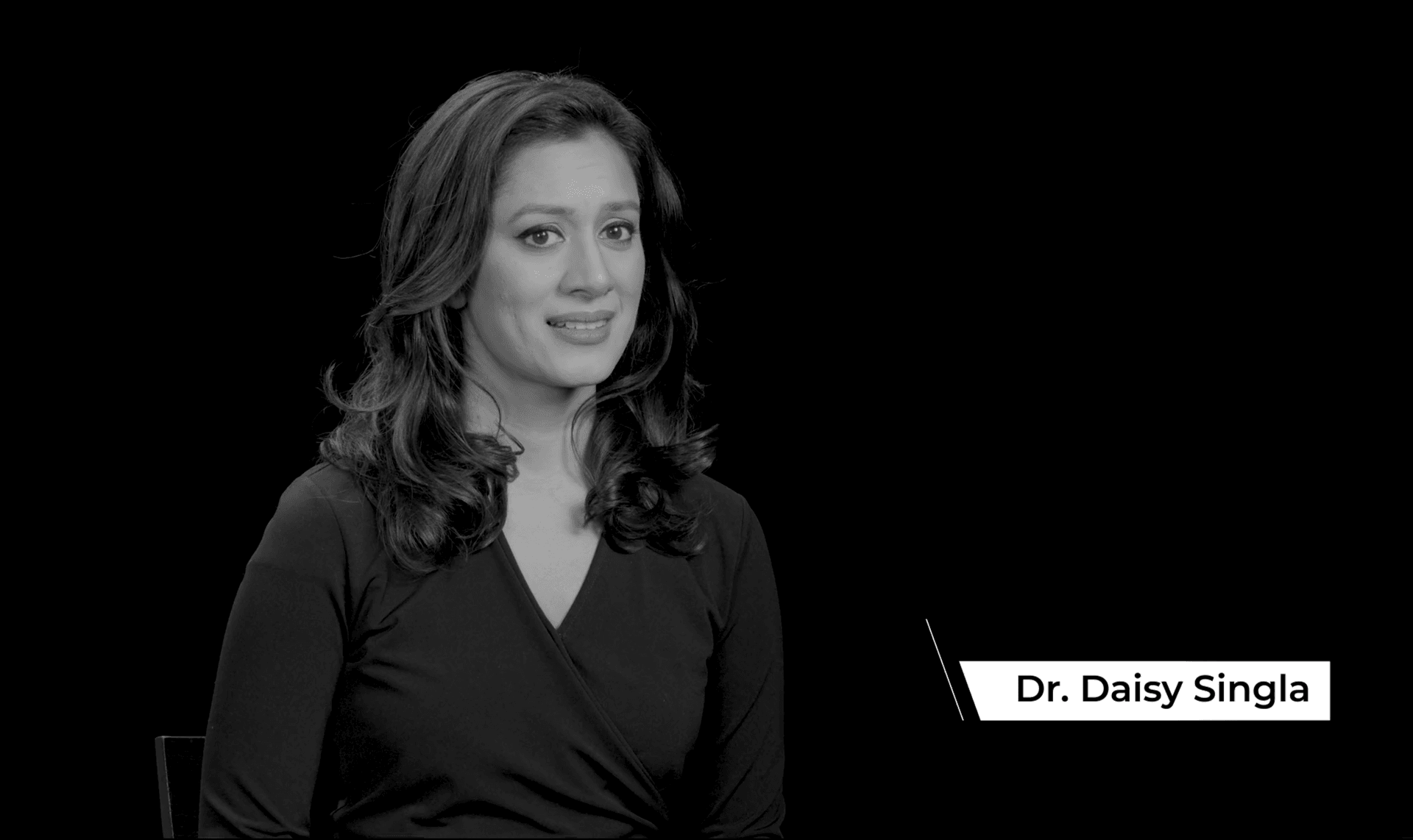
Culturally Adapted & Sensitive CBT
 CBT for Depression
CBT for DepressionAdapting one's stance with an individual client, an individual patient, but also an individual community is is absolutely critical for effective interventions to work. The more we understand where our patients are coming from, the better our our therapies are going be. We all are a product of our environment, whether we like it or not, and we learn to think based on the lens of our caregivers, whoever that may be. If it's your parents, your grandparents, your guardian, or someone else, we're all many different parts, and all of those parts coming together and make us who we are.
Clients are experts in their own background, in their own culture, and we have to be super ready to say we don't know something. We have to be ready to let the client be the expert in their culture. And actually, that's a good therapeutic move. Because it gives the client a strength in the relationship that's important and key. If you go to one part of India, people may refer to what we might call impressive symptoms is one thing.
And in another part of India, they may refer to it as another thing. In Uganda, we never use the word. Depression. And instead referred to messages of love and respect, we use the terms that patients, that their family members, that their communities use. Do your best to put yourself in the shoes of the person sitting in front of you. Try to understand their world. Ask them to tell you. Tell me about some of your background.
Tell me about what your family was like. Tell me about what was important to your family. Some of the things that we hear from our clients, we may think, oh, that's problematic, and they don't. This is where cultural competence comes in. It's so important for us not to project our values onto our clients. We meet them where they are but we wanna value and respect their culture, even if it's very different from ours.
Therapists need to be aware of their biases. They need to be aware of differences between them and their clients. They need to be aware of the experiences that clients have had with discrimination or with racism that may be impacting on the problems that they're having. I think we need to be highly respectful of the diversity that people have. In terms of their cultures, faiths, belief systems, and so on, if somebody had a very clearly culturally based core belief, you know, it's not up to the therapist to impose his or her own cultural values or her beliefs on the client and and tell them what would be more effective when we're adaptive.
Certainly we can propose and we can discuss with them, but it's it's the client's life, and they are the one that needs to make those decisions. I think that part of a really important therapeutic relationship underscores the concept of respect. I want respect as a professional, but they want to respect as the client or the patient. When you find people's strengths and when you find those inspiration from culture and experience and and their natural talents.
That's the crossroads. That's where therapy really does work because you're pulling things that are already strong and already useful, and you're letting those be vehicles for shoring up the parts that need work.